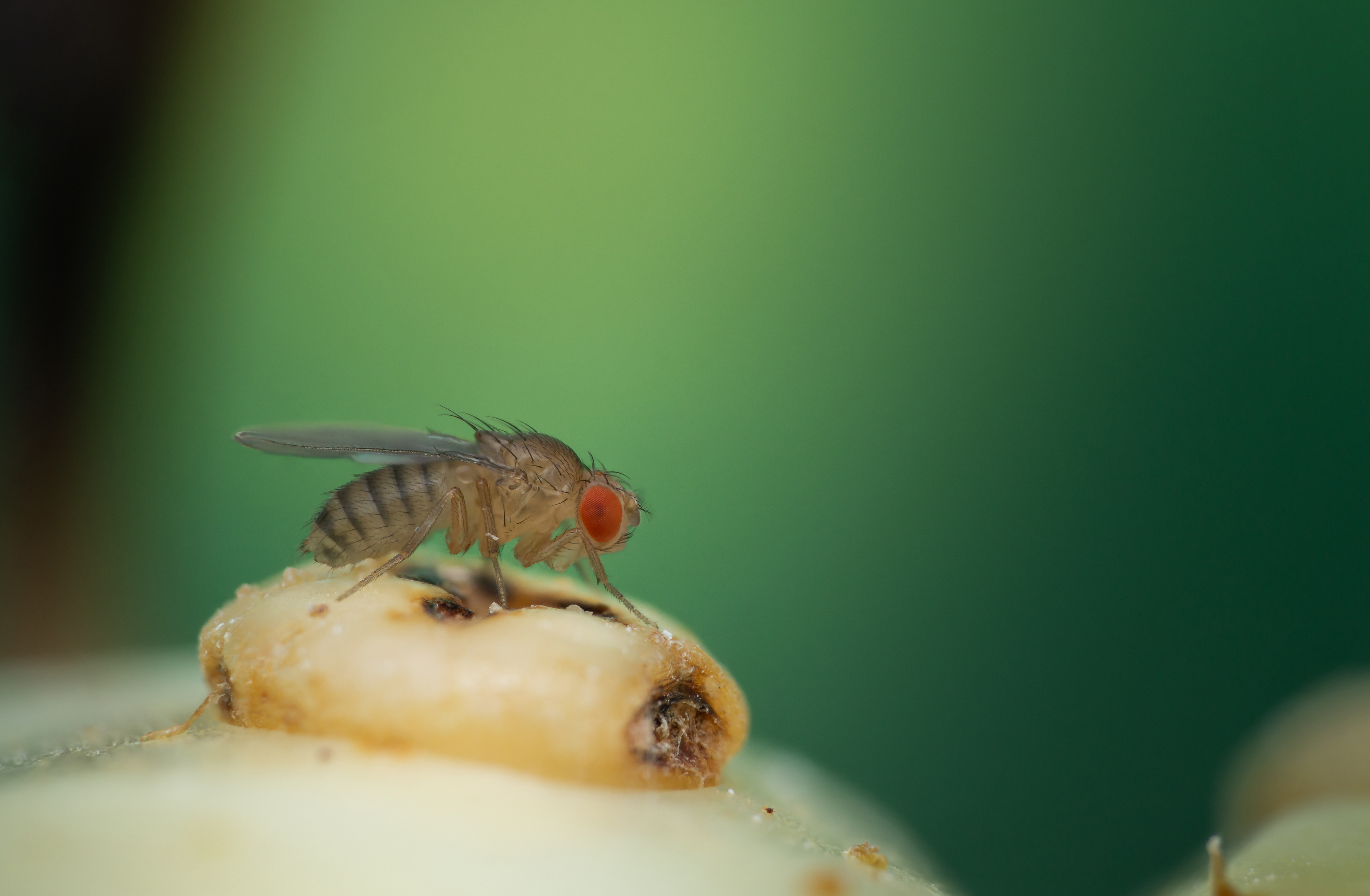Thomas Auer
Assistant Professor
PER 05 - 0.343b
+41 26 300 8854
E-mail
Smell and taste are two of the primary senses that guide the decision to approach or reject a potential food substrate, mating partner etc.. This decision is based on sensory input of olfactory (smell) and gustatory (taste) chemosensory organs where receptors expressed in sensory neurons interact with defined chemical ligands. We use these circuits to gain mechanistic insights into the evolution of chemosensory-guided behaviors using closely-related drosophilid species as model system.
We mainly focus our work on D. sechellia, an endemic species from the Seychelles, which has a common ancestor with the cosmopolitan, ecological generalists D. melanogaster and D. simulans ~3 and 0.1-0.24 million years ago, respectively. Within this relatively short timespan, D. sechellia has evolved extreme specialism for the ripe “noni” fruit of the Morinda citrifolia shrub for feeding and oviposition and shows substantial behavioural divergence in other traits. Using a comparative evolutionary approach we decipher how gene expression, sensory physiology and neural circuit architecture has changed within this species clade and try to establish causal links to behavioral differences.
To answer our research questions related to the unique ecology of D. sechellia we develop and introduce new genetic tools into this and other drosophilid species. We are currently working on the establishment of good attP sites, Split-Gal4 drivers, clonal labelling approaches etc. If you are interested in our toolset, please write to Tom directly for further details.
We are committed to provide a diverse and supportive laboratory environment.
We aim to (1) be an inclusive environment, regardless of age, gender, gender identity, gender expression, sexual orientation, pregnancy, marital status, family structure, disability, ethnicity, race, religion, nationality, or socio-economic background; (2) respect individual needs, styles, and career goals and mentor accordingly; (3) challenge each other to grow and learn as scientists and as humans; (4) be accountable to each other.
We are always excited about motivated applicants interested in our research at the master, PhD and PostDoc level. Please directly contact Tom to discuss possibilities.

Assistant Professor
PER 05 - 0.343b
+41 26 300 8854
E-mail